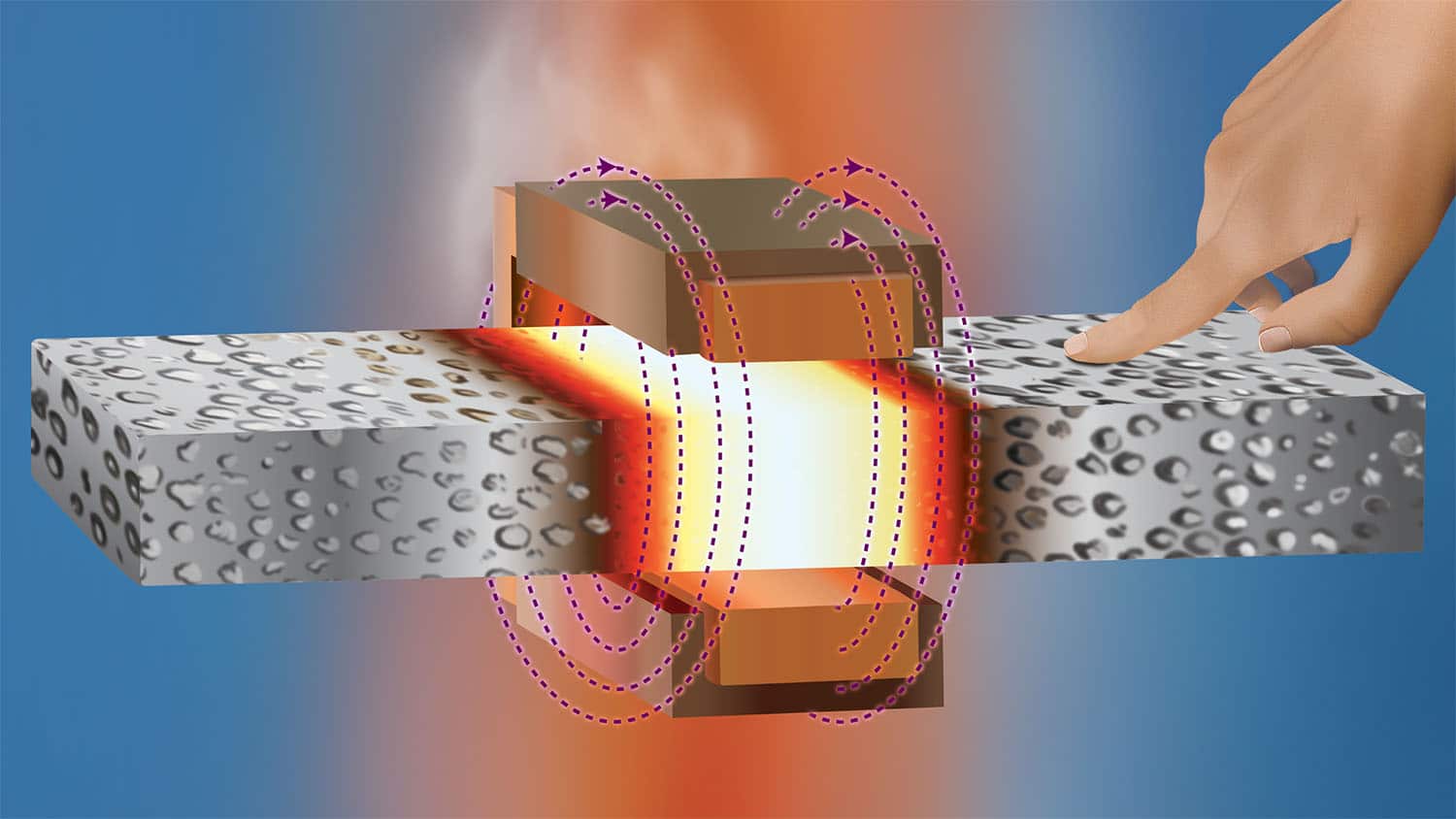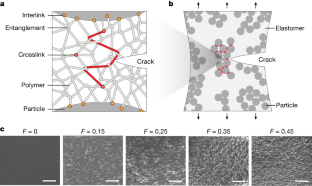2023-12-14 ペンシルベニア州立大学(PennState)
◆研究チームは、川の中の大きな岩のサイズと川の急峻さの間に関連性を見つけ、これが地下で起こるテクトニクプロセスと山岳地形がどのように変化するかに影響を与えることを示しました。これにより、山脈が進化するにつれて、表面の浸食も変化していることが明らかになりました。
<関連情報>
- https://www.psu.edu/news/research/story/drones-capture-new-clues-about-how-water-shapes-mountain-ranges-over-time/
- https://www.science.org/doi/full/10.1126/sciadv.adg6794
台湾中央山脈の岩盤河川形態を支配する岩石の性質と堆積物の口径 Rock properties and sediment caliber govern bedrock river morphology across the Taiwan Central Range
Julia C. Carr,Roman A. DiBiase,En-Chao Yeh,Donald M. Fisher,and Eric Kirby
Science Advances Published:15 Nov 2023
DOI:https://doi.org/10.1126/sciadv.adg6794

Abstract
Feedbacks between surface and deep Earth processes in collisional mountain belts depend on how erosion and topographic relief vary in space and time. One outstanding unknown lies in how rock strength influences bedrock river morphology and thus mountain relief. Here, we quantify boulder cover and channel morphology using uncrewed aerial vehicle surveys along 30 kilometers of bedrock-bound river corridors throughout the Taiwan Central Range where regional gradients in rock properties relate to tectonic history. We find that boulder size systematically increases with increasing metamorphic grade and depth of exhumation. Boulder size correlates with reach-scale channel steepness but does not explain observations of highly variable channel width. Transport thresholds indicate that rivers are adjusted to mobilize boulders and are well in excess of the threshold to transport gravel and cobbles, as previously assumed. The linkage between metamorphic history, boulder size, and channel steepness reveals how rock properties can influence feedbacks between tectonics and topography throughout the life span of a mountain range.



